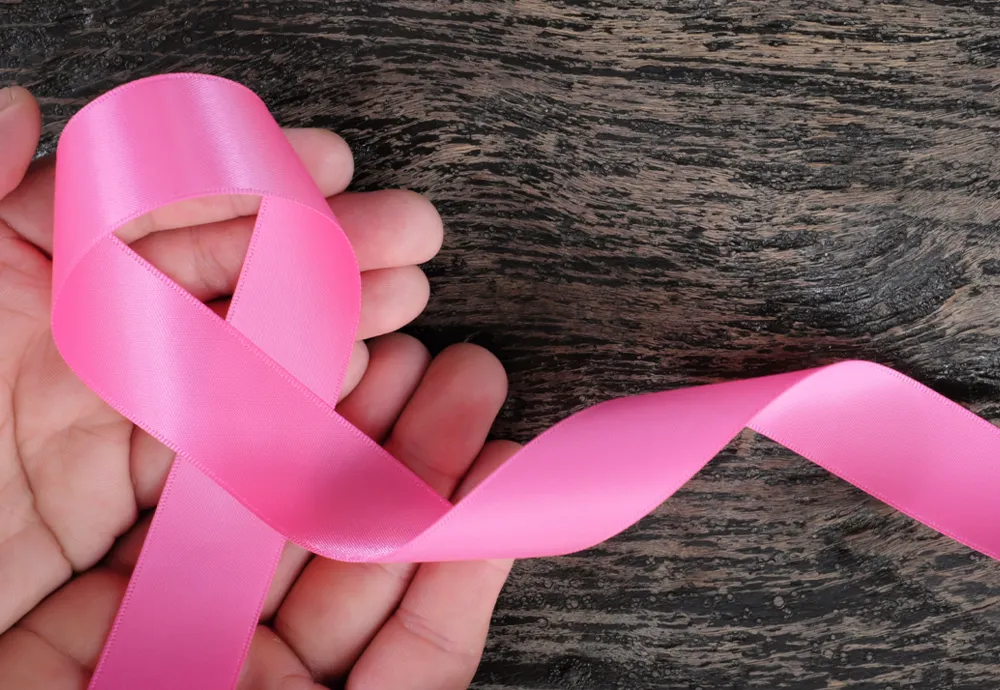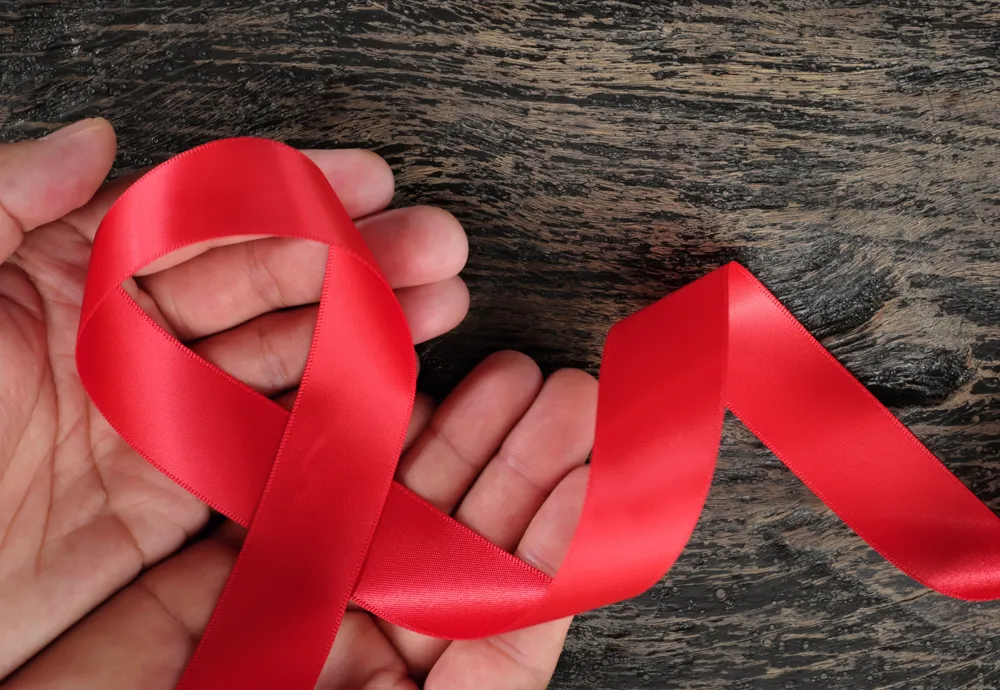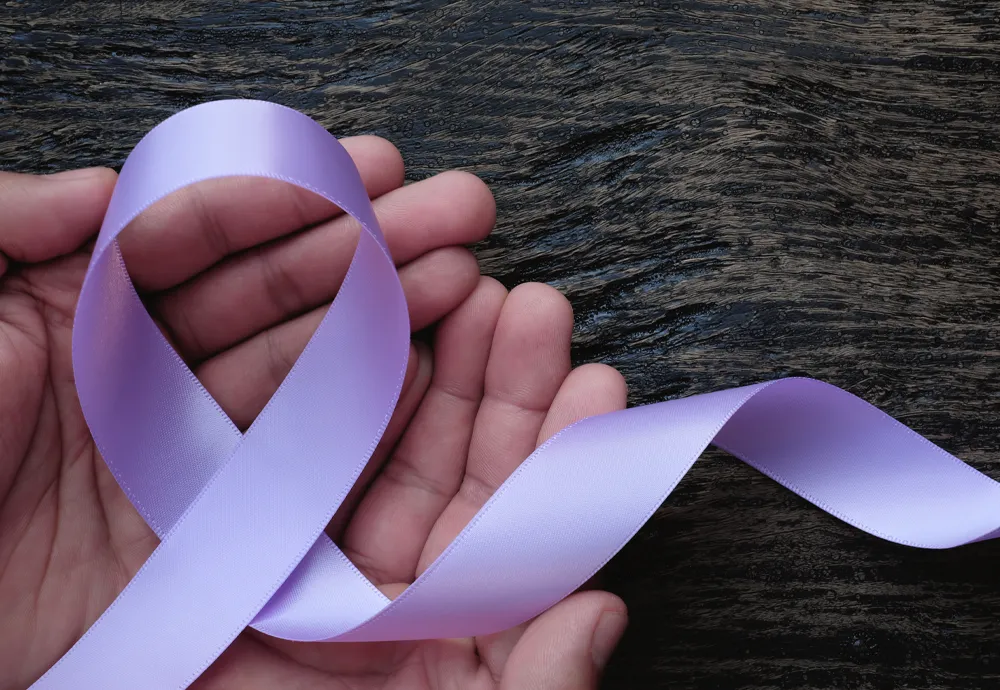Fertility and Cancer

Cancers and blood disorders are being diagnosed at earlier stages and earlier ages. This is positive as treating earlier stage cancers allows for better treatment outcomes than treating the later stage cancers generally does. However, the treatments we often prescribe – surgery, radiation, chemotherapy, additional medications – can affect a patient’s fertility. Fertility is defined […]
Do We Have More Breast Cancer Here?

It began simply enough. An inquisitive colleague asked me if we have more breast cancer in our area than elsewhere. I had been asked this before, and I still did not know. But I should know. The \”Big Three\” cancers in the US are prostate, lung, and colorectal for males and breast, lung and colorectal […]
A Game of Chance…Not Entirely

Earlier this month the New York Times ran an article titled “Cancer’s Random Assault.” It described the results of a study published in Science Magazine that proposes the majority of cancer can be chalked up to random bad luck. The authors of the study; Dr. Christian Tomasetti, a mathematician, and Dr. Bert Vogelstein of John […]
The Origin of Chemotherapy

During World War II in 1943 as allied armies were gaining a foothold in Italy, the Southern Italian town of Bari was a major port to supply the growing armies. On December 2nd, 105 German bombers attacked the port catching the allies by complete surprise. 28 allied ships were sunk. One of them, the John […]
Infusing Substance into “Commitment”

Among the topics tossed around the media is the word commitment. Television commercials, actors, product sales brochures are chock full of this word. Is it overused, attaining the stature of meaningless? Would it benefit us to infuse some substance into that word? Your medical provider may have some insight into the word commitment. After all, […]
A Few Facts About Stomach (Gastric) Cancer

In the 1930s, gastric cancer (which then was mainly cancer of the lower stomach) was the most common cause of cancer deaths for American men. However, over the course of the 20th century, classical cancer of the lower stomach became much less common; probably because of the use of refrigeration as the principal means of […]
Advances in Hemophilia Treatment

This past year has seen a long-awaited improvement in the treatment of hemophilia A and B. Regular use of prophylactic clotting factors has made vast improvements in the quality of life of boys and men diagnosed with hemophilia. With this use they can preserve joint health and participate in many sports and activities that were […]
Origin of the Ribbon

The ribbon is a symbol of awareness and support. It was originally used in the early mid-1900s in a United States military marching song. The song “Tie a Yellow Ribbon”, inspired the wife of a hostage held in Iran from 1979-1981 to use the yellow ribbon to show support for hostages and to remind others […]
Cancer Communication

The goal of good health care communication is to build a trusting relationship between the patient and the health care team. A trusting relationship allows for sharing of information and defining of patient expectations. Cancer is a life-threatening illness. When diagnosed with cancer patients feel fear and anxiety about prognosis and treatments. A general sense […]
Preventing Colorectal Cancer – Second in the Colon Cancer Series

The focus of the second blog in the colon cancer series has a focus on preventive aspects of colorectal cancer. A third blog looking at pharmacalogical prevention of colon cancer will follow later this year. – Physical activity: Regular physical activity through either work or leisure appears to reduce the risk of colon cancer […]
